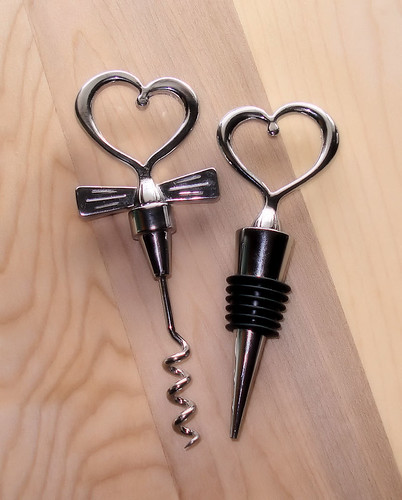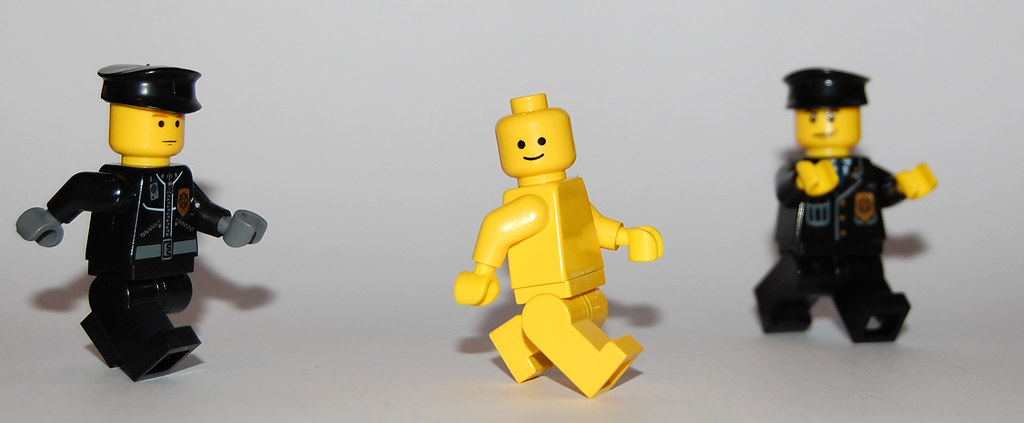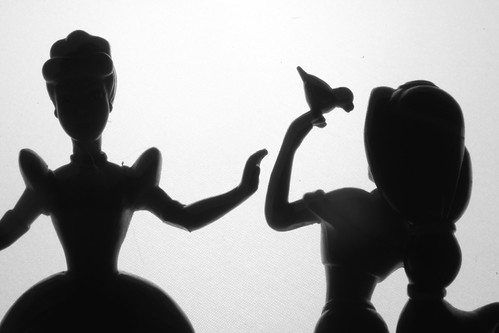A few weeks ago, I spoke with "a friend of a friend of a friend" who wanted to interview aspiring authors about publication needs and choices, and what authors might be looking for. He and a friend are planning to open a website that can act as a resource for writers looking to bypass the "gatekeepers" of the publishing industry by giving writers a link to other "indie" editors, artists, typesetters, etc. I think there's a great market for that, and I told him everything I thought would be helpful to those looking to do self/small/indie publishing.
Then the conversation got a little awkward. When I suggested resources and necessities, such as formatters for the various e-readers, cover-artists, and editors all willing to receive payment from revenue rather than up front, things were fine. Then he asked: "So, if you could take down all the barriers to breaking into publication, and have complete control of your work, and receive a huge portion of the revenue, would you do it?"
Clearly, he didn't expect me to answer, "No."
"But you would make a lot more money, and you'd have artistic freedom, and (blahblahblah)." He was scrambling, knocked off-kilter by the fact that I hadn't given him the answer he expected.
"I think your idea is awesome," I said. "A resource like that would make a significant difference to people who are looking to self-publish or for small-presses looking to find new talent. But it's not for me. I still want to do traditional publishing."
I explained that I wasn't interested in having 100% artistic control. As long as they don't make Jaesung, the Korean love-interest, blond and blue-eyed on the cover of HELLHOUND, I trust that the cover-artist will do a good job. I know for a fact that a professional editor will tear apart my story and find the nuggets of potential, probe the sore-spots in the text, and challenge me to make my story better. I explained that the marker of "success" I've got for my own career is to walk into a Barnes & Nobel and be able to buy my book off the shelf. Most self-published authors can't do that, nor can any small-press without a contract with the proper distributors. A Kindle version of my book isn't good enough for me to feel "I've made it" - I want to flip the pages, smell the ink and glue and paper of a physical book. My book. In print. Now, I don't hold other authors to this - there are plenty of indie press authors I consider extremely successful, but different people have different desires, expectations, and markers of success with their own writing. B&N is mine.
Still, he argued. I started to get irritated, but I maintained my ground. Being able to keep 70% of the profit from each sale doesn't make up for having to do all the marketing and advertising myself. If I can provide the raw, creative material and work (till I'm sweating marrow) with a team of professionals to make it into something awesome, THAT'S what I want to do. Because to me, in the end, "artistic integrity" isn't about having complete control over the end-product. It isn't about not "selling out". It's not about receiving 70-90% of the profit from my work. It's not even about B&N. It's about making these stories that I care about so much as fantastic as they can be, and about getting them in the hands of as many people as I can, and traditional publishing is unarguably the most effective way to do that.
And I'm not sure how many willing, pro-level resources there will be for translating THE MARK OF FLIGHT into Japanese.
Today, David B Coe of the Magical Words blog wrote a post on why he continues to choose traditional publishing over the e-pub/self-pub/small-press models chosen by a few of his fellow bloggers. Aside from the advance an author receives upon acceptance of their manuscript by a publisher, he gives us a list of ten things a traditional publisher will provide at no cost to the author:
1) A professional editor who will read through and critique the manuscript, suggesting changes that will, without a doubt, make the book better. They will also shepherd us through the revision process, providing free online and phone-access technical support for our writing. No extended warranty purchase necessary!
2) A professional copyeditor who will further refine the manuscript, taking care of typos, syntactical errors, inconsistencies in plot, character, setting, etc.
3) Professional proofreaders, who will finalize the editing of the manuscript.
4) Jacket art by a professional artist.
5) Jacket design and layout services, as well as jacket copy (those plot summaries that we see on the backs of books) to help lure readers to the book.
6) Formatting, typesetting, and printing and/or electronic generation of the book, again by professionals.
7) (and the importance of this one simply cannot by overstated) Review copies compiled, printed, and distributed to journals, magazines, professional reviewers, and other publications often of the author’s choice, in order to garner reviews in advance of the book’s official publication. In addition, earlier in the process, publishers will send out review copies, or even bound manuscripts, to established authors in order to get cover blurbs that can be helpful in drawing readers to the books.
8) Advertisements of our books in magazines, journals, newspapers, and other print and online venues.
9) Nationwide (and at times worldwide) distribution of our books to physical bookstores, online booksellers, and ebook vendors.
10) And finally, accounting of our sales, shipments, returns, etc.
(You can read David's full post
here.) Just the first point - the professional editor - usually costs somewhere in the ballpark of $1,000, often more, and I don't believe in half-assing anything when it comes to beating my stories into shape. If I did, I would have given up after the first draft of MARK OF FLIGHT.
This is not to say that I don't think e-pub/self-pub/small-press are not viable options. In fact, Pendragon Variety is working on a new venture called "Pendragon Express" as a way to try circumventing the distribution problem for independent authors. I've also read several books by small-press or self-published authors that I thought were awesome, but which might have been a little too "niche" to appeal to the current market.
Abigail Hilton's "
The Guild of the Cowry Catchers" comes to mind. Seriously fun story, but I can see why fauns, foxlings, and other half-beast main-characters battling it out on the high seas amidst a web of intertwining conflicts might not appeal to everyone. And that's before we get to death, sex, slavery, and tongue-removal.
Hey, *I* sure enjoy the heck out of it. But is it mainstream? No. Could Abbie have remained true to her vision of the story and changed enough of it to make the book mainstream? Maybe if it were a manga, but as a novel it definitely feels a little left of the target. I think Abbie made the correct decision in self-publishing her work; otherwise a really awesome story might never have seen the light of day. Now I can listen to Norm Sherman deliver the deliciously cutting lines of Silveo in the free podcast version of the novel.
But let's be clear about something: Abbie pays a lot of money to get tons of artwork for her story. She pays the other podcast talents that read her characters. She's explained again and again that the money she makes from selling the illustrated e-books and short-stories and extras just about lets her break even. And this is a super-popular story.
It all seems to come down to love. Abbie tried to publish through traditional venues first, but her story was "too long" (bah). She loves her story enough to put in the time, effort, and money it takes to bring it to the audience that wants to consume it (read: me). I love my stories enough to do whatever it takes to make them the best they can be, and in my opinion, that is with as many of the services in David B Coe's list as possible. If I end up having to pay out of pocket for them, then I will. It will take me forever, but I will eventually do it.
Of course, I'm going to try to go through traditional publishers first, because that means the cash is flowing towards ME. I hope I don't have to explain why that's preferable.
INTERACT: What form of publishing do you feel is right for your work? Have you looked into various options for publication? Which ones strike you as the most appealing, and why? Do you think a resource for writers who want to self/e-pub is a good idea? Would you be willing to provide a service (such as editing or art) for a percentage of revenue on the back-end?
















